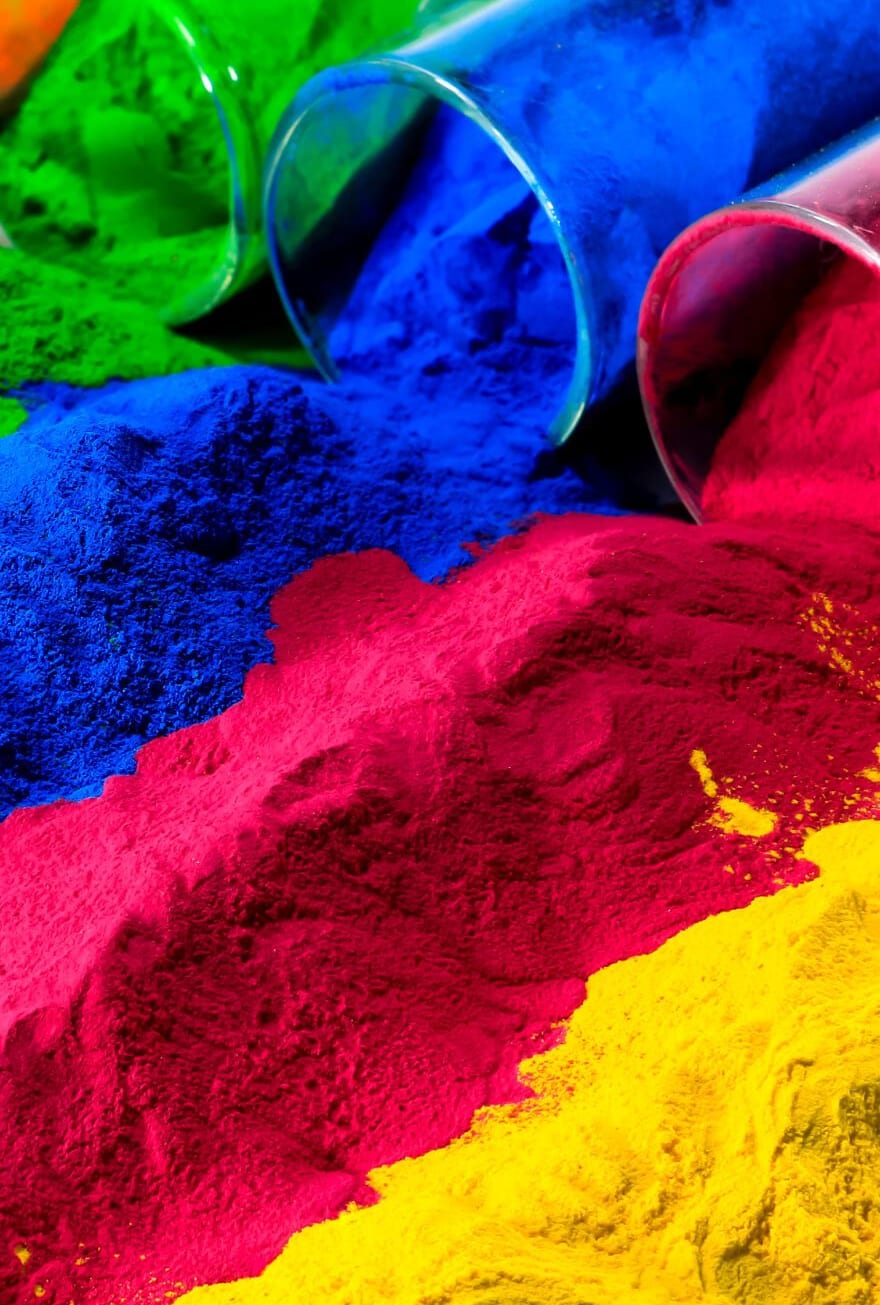Knowde Enhanced TDS
Identification & Functionality
- Pigment Type
- Plastics & Elastomers Functions
- Technologies
- Product Families
- Product Code
- 428015106
Features & Benefits
- Materials Features
Applications & Uses
- Applications
- Plastics & Elastomers Processing Methods
- End Uses
Colored injection molded parts, film, tubing, colored wire or jacket insulation where a pigmented appearance is required.
Properties
- Color
- Physical Form
- Typical Physical Properties
| Value | Units | Test Method / Conditions | |
| a* | 53.6 | — | (CIELAB, 10° obs., D65) |
| b* | 32.4 | — | (CIELAB, 10° obs., D65) |
| Bulk Density | 1125 | g/L | — |
| Dispersion Quality | 0.0015 | inches | — |
| L* | 40.6 | — | (CIELAB, 10° obs., D65) |
| MFR | 17 | g/10 min | — |
Technical Details & Test Data
- Processing
These products are added (approximately 1-2%) to natural FEP and processed using conventional thermoplastic techniques such as injection molding and melt extrusion.
Safety & Health
- Hazardous Substances
This product does not contain lead, hexavalent chromium, or cadmium, and are used in applications where RoHS (Restrictions on the use of Certain Hazardous Substances) compliance is required.
- Safe Handling Information
A summary of the hazards, as defined by OSHA Hazard Communication Standard, 29 CFR 1910.1200 for this product are:
- Physical hazards: None
- Health hazards: None
Packaging & Availability
- Packaging Type
- Packaging
Fluon+ FEP 102 White, Orange, Blue, Green and Brown color concentrates are packaged in a lined polyethylene fiber drum containing 225 pounds; Red, Gray, Black, Yellow and Violet are packaged in a polyethylene pail containing 25 pounds.
Storage & Handling
- Handling Precautions
Heating Fluon® and Fluon+™ products in excess of 750°F (399°C) can produce toxic fumes. It is, therefore, necessary to provide local exhaust ventilation in areas where Fluon® products are exposed to high temperatures. Avoid breathing fumes or contaminating smoking tobacco with fumes, powder, or dust.
Thermal decomposition of this product will generate hydrogen fluoride, which is corrosive. Corrosion resistance materials are required for prolonged contact with molten resin.

